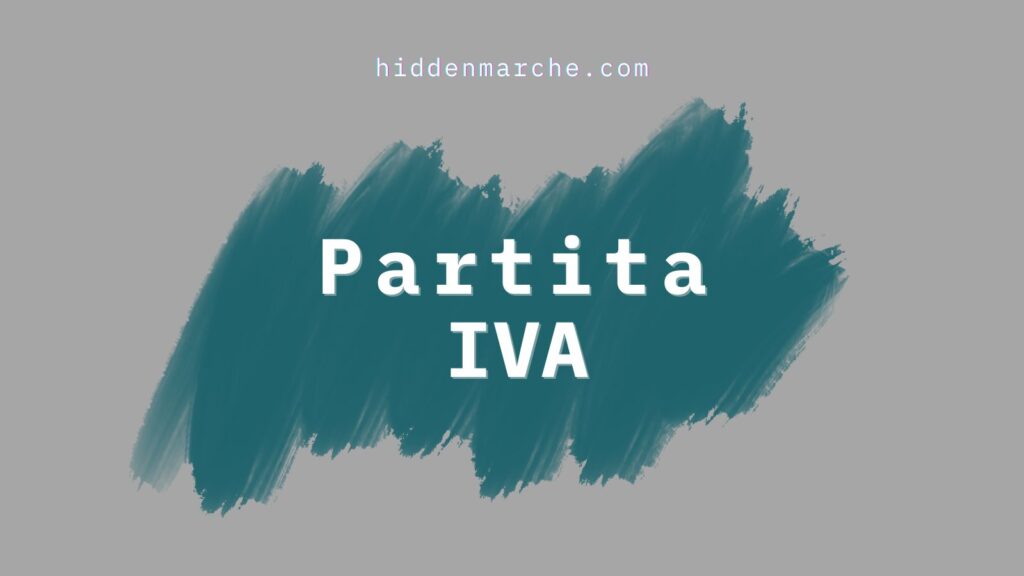
A Partita IVA is the Italian VAT identification number that every business or self-employed professional must have to operate legally. Think of it as the tax ID for independent work. If you plan to provide services, sell goods, or work as a freelancer in Italy, obtaining a Partita IVA is mandatory.
👉 Learn more about Navigating Italian bureaucracy and everyday life.
Table of Contents
- Different Regimes
- Tax Payments and Timing
- The Role of a Commercialista
- Opening and Closing a Partita IVA
- Practical Considerations
- Key Takeaways
- See Also
Different Regimes
Partita IVA is mandatory for self-employed workers and business operating in Italy. However, there isn’t a single Partita IVA type.
In fact, it comes with different tax regimes depending on income and business type:
- Regime Forfettario (Flat-rate Regime): For small businesses with limited revenue, simplified accounting, and lower taxes.
- Ordinary Regime: For larger businesses, standard VAT obligations, and full bookkeeping.
- Agricultural or Special Regimes: Certain sectors have unique rules.
Choosing the right regime affects how much tax you pay and what reports you must submit.
Tax Payments and Timing
With a Partita IVA, you’ll generally pay income tax and VAT. Timing depends on the regime:
- Flat-rate regime: Taxes are often calculated annually but sometimes paid in advance through quarterly prepayments.
- Ordinary regime: VAT and taxes are usually reported and paid monthly or quarterly.
It’s essential to keep track of deadlines: missing them can result in fines and interest.
The Role of a Commercialista
A commercialista is an accountant specialized in Italian tax law. You might wonder: when do you need one?
- You need a commercialista: If your business is complex, you’re under the ordinary regime, or you want help with quarterly and annual filings.
- You may skip one: If you’re on the flat-rate regime, your transactions are simple, and you are comfortable managing basic accounting yourself.
Even when not mandatory, a commercialista can save time, prevent mistakes, and ensure compliance.
👉 Read more about the Role of the Commercialista
Opening and Closing a Partita IVA
Opening a Partita IVA is straightforward. You need to submit your application at the Agenzia delle Entrate, either in person, via a commercialista, or online through their portal. You’ll provide your personal details, your chosen business activity, and the tax regime. Once approved, you’ll receive your Partita IVA immediately and can start issuing invoices.
Closing (known as cessazione) is equally important if you stop working as a freelancer or close your business. You must notify the Agenzia delle Entrate, settle any outstanding taxes or VAT payments, and cancel your registration. Doing this properly avoids future tax liabilities or penalties and ensures your record is clean. Many commercialisti handle both opening and closing to simplify the process.
Practical Considerations
- Keep invoices, receipts, and expense records in case of tax audits.
- Plan for social security contributions (INPS), which are separate from income tax.
Foreigners and new residents must ensure all documentation, including residency papers, is in order before applying.
Key Takeaways
A Partita IVA is essential for freelancers and business owners in Italy. Choosing the right regime, understanding tax obligations, and knowing when to hire a commercialista can make running your business smoother and help you avoid penalties.
